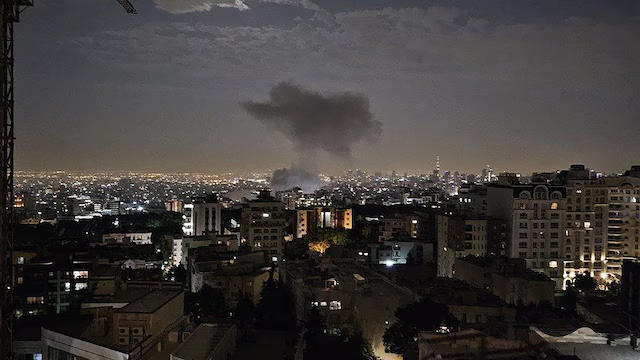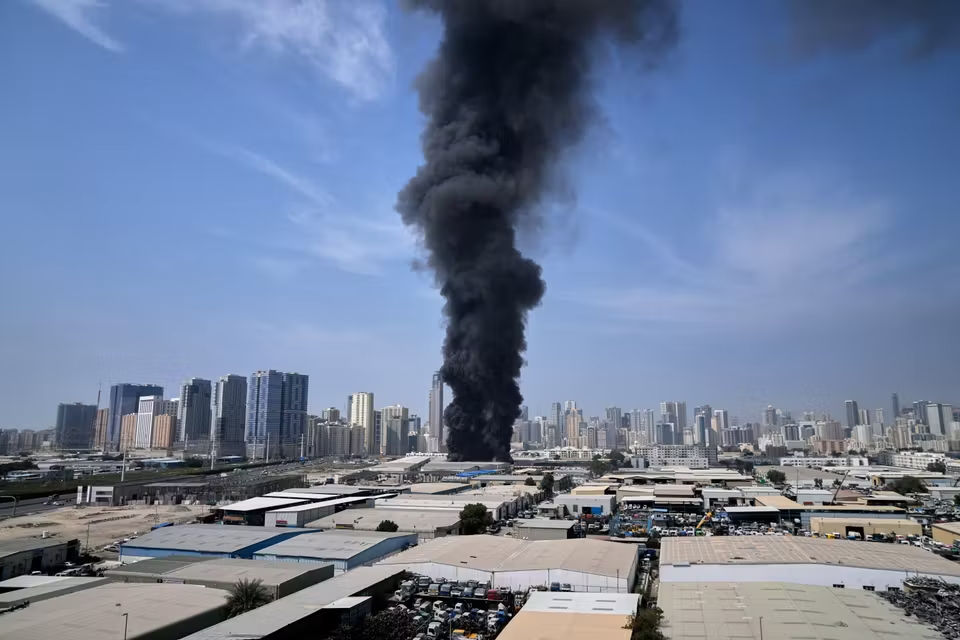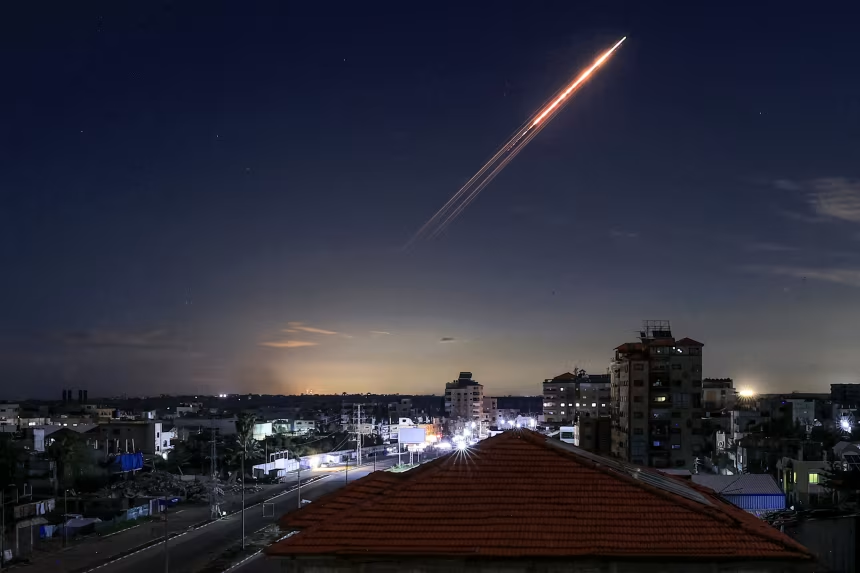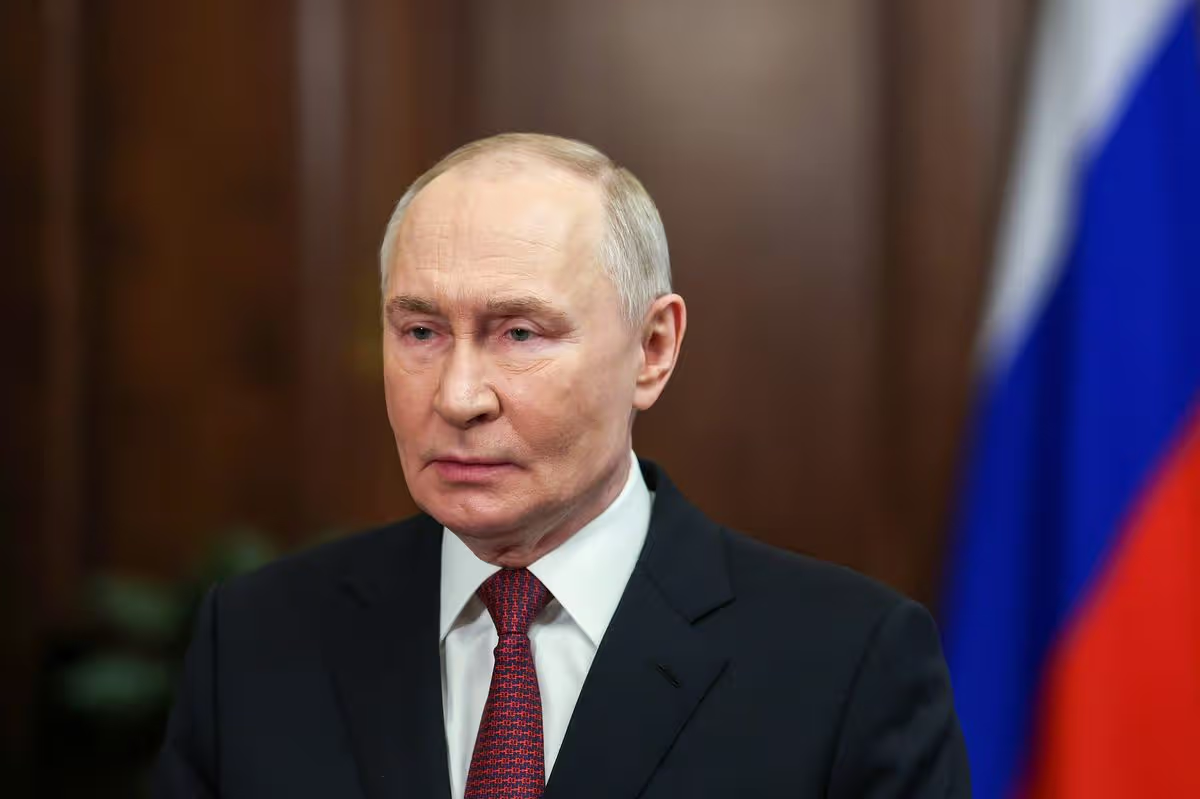After 12 days of fighting, a ceasefire between Iran and Israel has come into effect. But shocking new information has emerged about the origin of missile attacks during the conflict.
Mehdi Subhani, Iran’s ambassador to Armenia, revealed that some missiles targeting Iran were launched from nearby countries. This was confirmed through intelligence reports, which showed that Israel may have used the territory of Iran’s neighbors to fire on the country.
Subhani stated that during the war, some projectiles entered Iran not from Israel directly, but from the soil of its neighboring countries. The Iranian government has found signs that several micro air vehicles crossed into Iran’s airspace from other nearby regions.
Due to these findings, Iran’s President recently spoke with the President of Azerbaijan. During their phone call, he requested a serious investigation into the use of neighboring lands for attacks on Iran.
Subhani emphasized that Iran is waiting for the results of this investigation. Once the evidence becomes clear, Tehran will respond accordingly. The government has not ruled out taking strong action if proof supports the claims.
As time passes, more disturbing details about the Iran-Israel war continue to emerge. Tensions remain high, especially with new warnings from the United States.
US President Donald Trump has once again warned Iran. He stated that if Iran does not stop its nuclear development, it could face fresh military strikes. However, Iran has shown no interest in Trump’s warnings.
Tehran has been firm since the last round of US attacks on its nuclear facilities. Following those strikes, Iran cut off all talks with the United States and rejected early proposals for a ceasefire.
While the current ceasefire has paused direct conflict, the diplomatic struggle continues. Washington is now trying to bring Iran back to the negotiating table.
The US has reportedly offered several tempting deals to lure Iran into discussions. But Iran remains cautious. Its leadership is watching every move from both the US and Israel. They are also closely examining what kind of missiles were used against them during the war.
Iranian Foreign Minister Abbas Araghchi dismissed Trump’s recent claim that talks between Tehran and Washington would soon resume. He made it clear that Iran is not ready to negotiate under pressure or threat.
Iran’s government remains focused on uncovering the truth behind the attacks. They are determined to find out which neighboring countries may have allowed foreign forces to use their land.
This raises serious concerns about regional stability. If confirmed, such involvement could damage relations between Iran and its neighbors. It may also create new risks for future conflicts.
So far, no country has publicly admitted to allowing its territory to be used in the conflict. But Iran’s request for an investigation has already placed pressure on nearby governments.
Diplomatic experts warn that this issue could lead to broader tensions in the Middle East. If evidence shows cross-border attacks, it could lead to a chain of accusations and possible political fallout.
As the world watches, Iran’s next steps will be critical. Whether it responds with diplomacy or defense remains to be seen.
One thing is clear: the missile attacks on Iran have opened a new and dangerous chapter in the region’s ongoing crisis.







